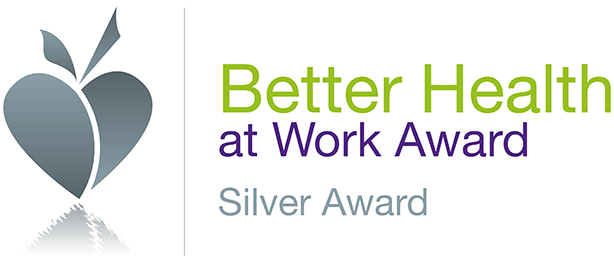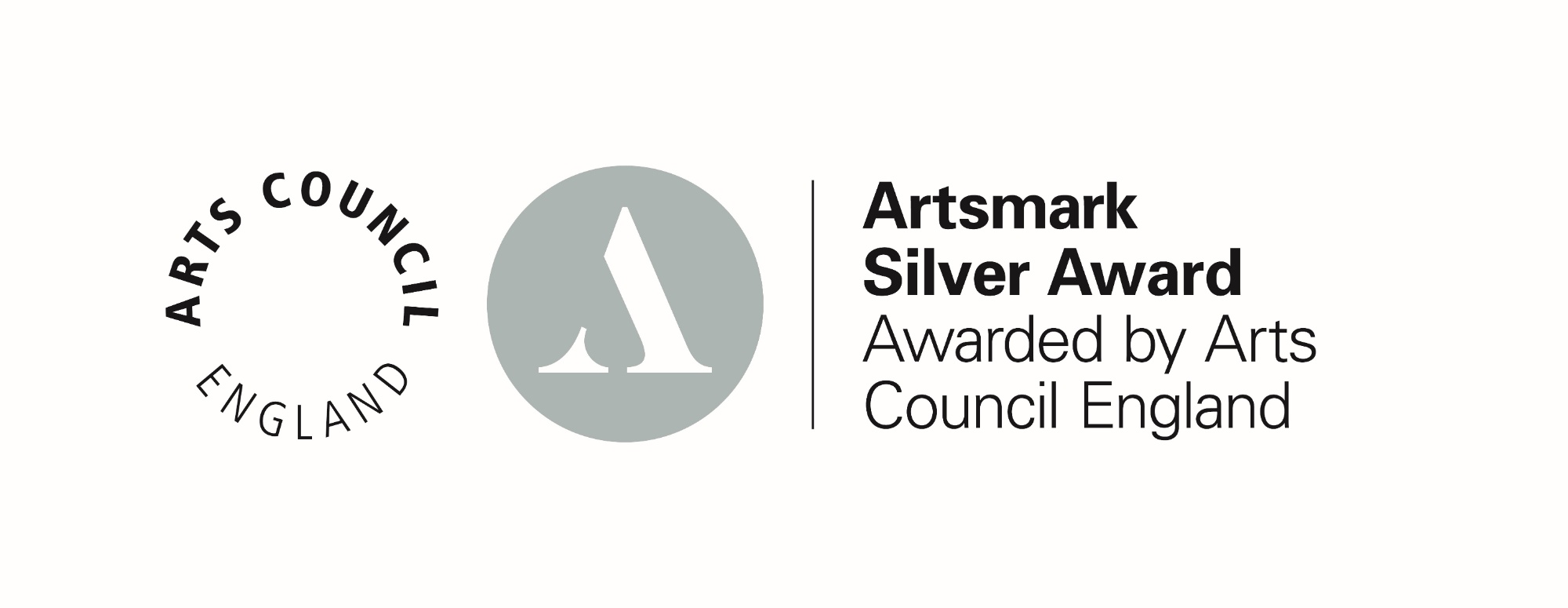This week in Post 14.....
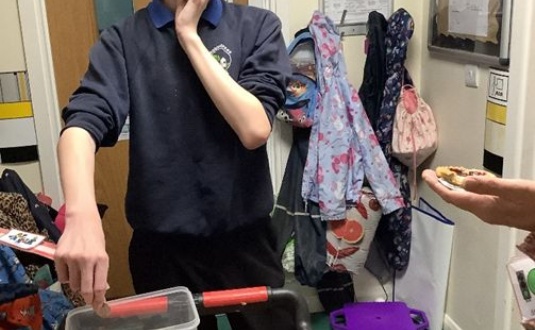
Elm Class
In Elm class we have been working on creating a product to be sold. We baked and decorated biscuits to sell at the cake sale for Comic relief and World Down Syndrome Day. We used symbol instructions to help us understand the cooking tasks and, as we are becoming more familiar with our Post 14 environment, some of us were able to find the ingredients on the recipe list from our labelled cupboards. On the day, we wore odd socks, bought cakes, sold our biscuits and handled the money alongside the rest of Exploration (Access) Pathway. We really enjoyed eating the products too!
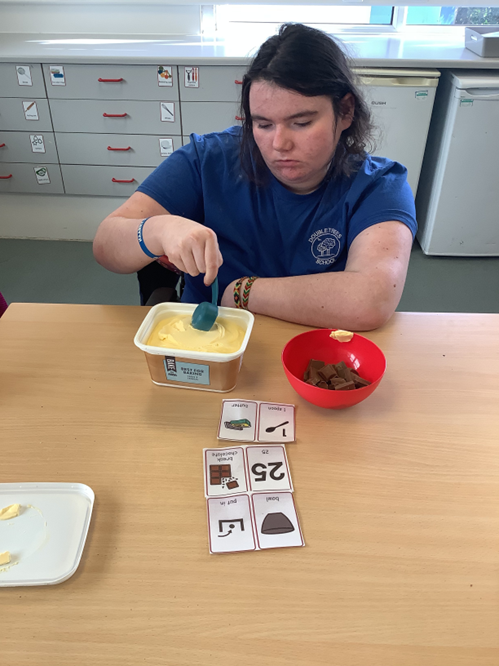
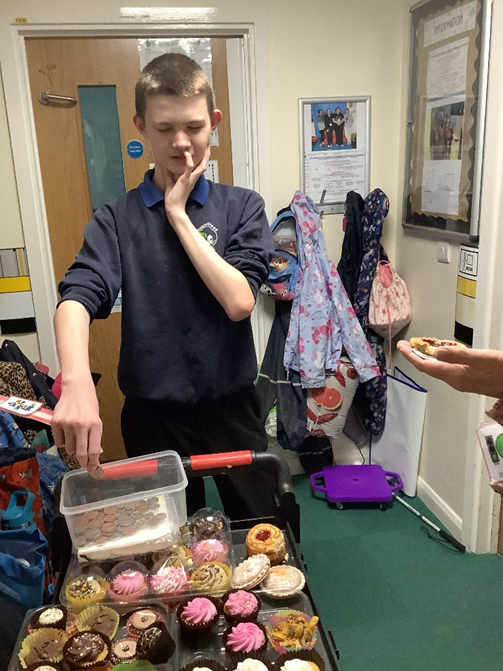
Cherry Class
We had a busy week making buns for the Cake Sale last Friday and thinking about all the Cherry class events that we have experienced this term in preparation for sharing our news with parents next week. We had the last of our Travel Training sessions to Newquay on Tuesday and had a great time with virtual reality headsets and controllers. Sarah even had a virtual tour of Cape Town, Paris and Rome! We have been practising life skills in the flat and focusing upon laundry skills and using kitchen utensils and equipment safely. We are writing poems and baking cakes for the Spring Show and looking forward to our visits to the church and Bikeability next week.
The Importance of Learning Travel Skills with Buses and Trains
As students, learning how to navigate public transportation—whether by bus or train—is an essential life skill that goes beyond simply getting from point A to point B. For many, using buses and trains offers a reliable, affordable, and eco-friendly way to travel, and gaining confidence and independence in using them can open up many opportunities.
Why It’s Important:
-
Independence and Responsibility: As our learners grow older, they may need to travel to further education providers like college, extracurricular activities, or even part-time jobs and volunteering roles. Knowing how to read timetables, understand routes, and manage their time makes them more self-sufficient. They learn responsibility, planning and independence.
-
Social Interaction: Public transport can provide opportunities to interact with people from different backgrounds, helping learners develop their social skills and learn to be more open-minded. It also fosters a sense of community as they share their journeys with others.




